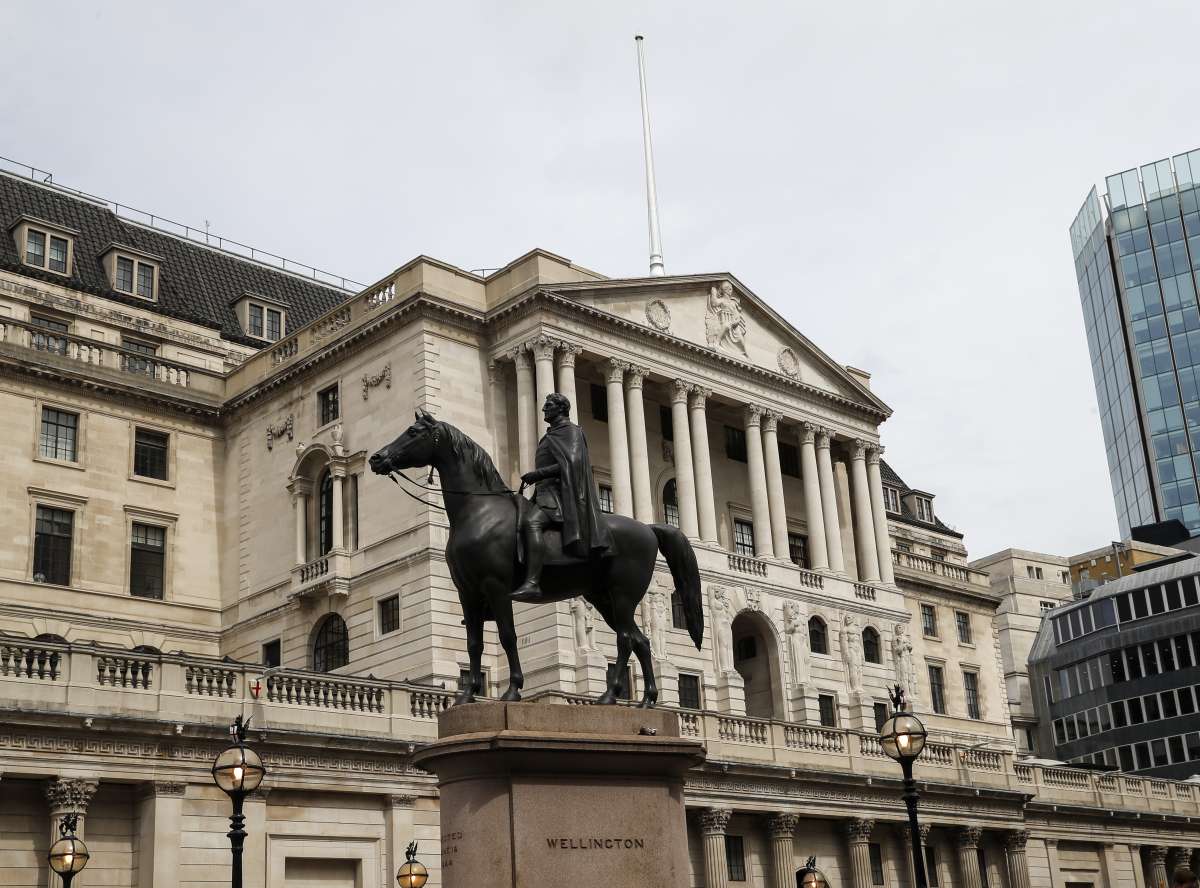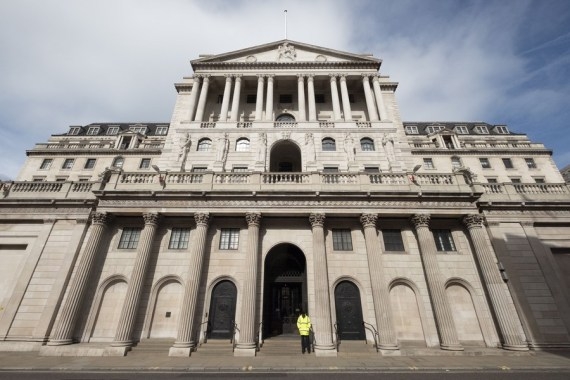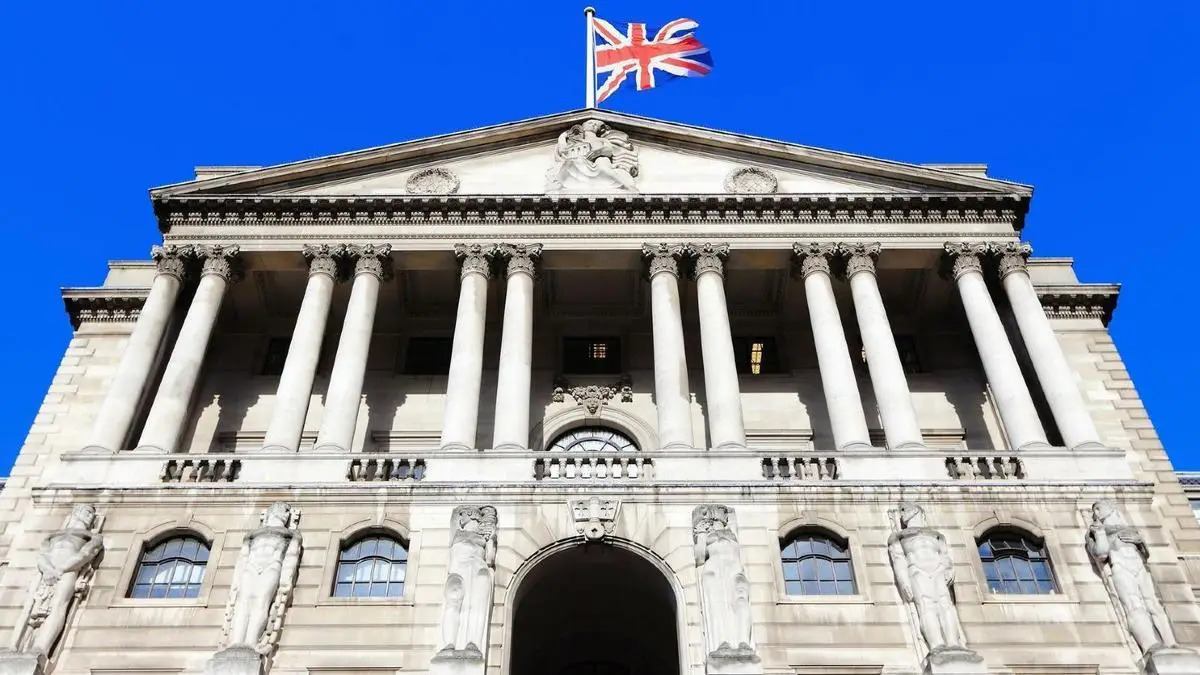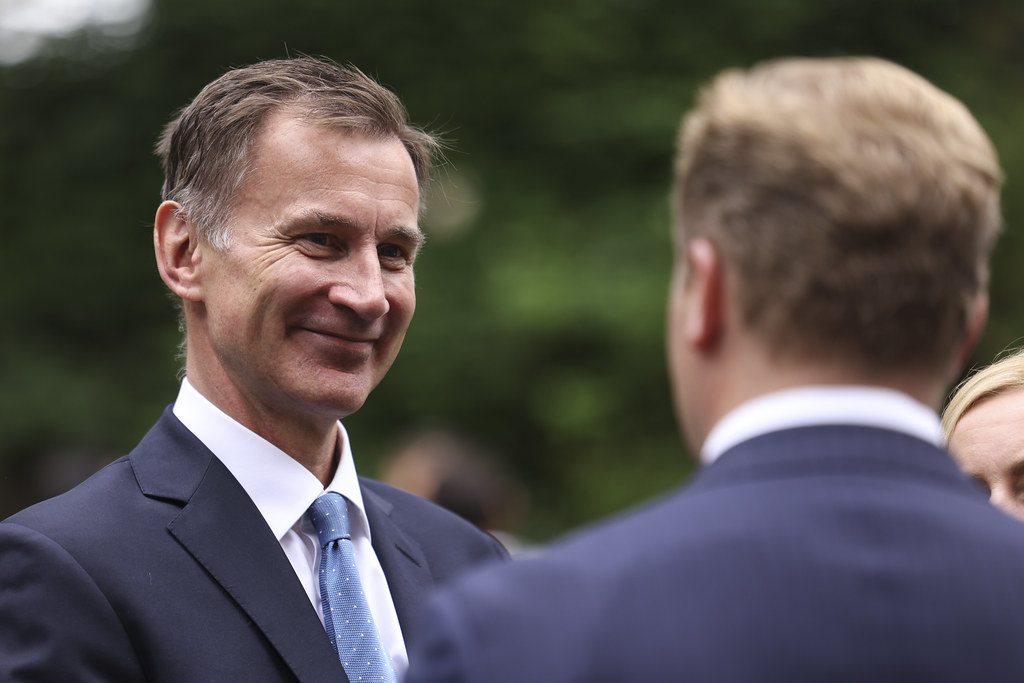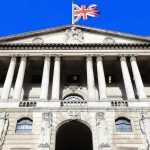The size of the bank’s 13th hike in a row was a surprise after most economists had predicted a smaller quarter-point increase…reports Asian Lite News
Fears that the British economy is heading for recession have mounted sharply after the Bank of England raised borrowing costs by more than anticipated, seeking to combat stubbornly high inflation with a hike that will hit borrowers hard, particularly homeowners who have to refinance in the coming months.
On a busy day for central bank action in Europe, the Bank of England said on Thursday that its nine-member Monetary Policy Committee decided to lift its main interest rate by half a percentage point to a new 15-year high of 5 percent. All but two members of the panel backed the half-point increase.
The size of the bank’s 13th hike in a row was a surprise after most economists had predicted a smaller quarter-point increase. Some even called it a panic move, given that there had been hopes as recently as last month that the bank would pause its rate-hiking cycle.
Financial markets are pricing in a potential rate peak of 6 percent, a level not hit since early 2000, after Governor Andrew Bailey warned of further increases if inflation fails to show clear signs of slowing.
“We are committed to returning inflation to the 2 percent target and will make the decisions necessary to achieve that,” he said.
Clearly, the bank has been spooked by inflation failing to ease as fast as predicted from October’s peak of 11.1 percent. Figures on Wednesday showed UK inflation unexpectedly holding steady at 8.7 percent.
Inflation has proven stickier in the UK than in other major economies with many blaming the bank’s slow start at raising borrowing rates and Britain’s departure from the European Union, which has added to import costs.
With wages rising fast, it is increasingly clear that high inflation has become embedded in the economy.
“We know this is hard — many people with mortgages or loans will be understandably worried about what this means for them,” Bailey said. “But if we don’t raise rates now, it could be worse later.”
Across Europe, other central banks also decided to push up borrowing costs on Thursday, including the Swiss National Bank with a quarter-point hike and Norway with a half-point increase. Turkey nearly doubled its benchmark rate in a signal of a shift from unorthodox economic policies.
Banks around the world, from the US Federal Reserve to the European Central Bank, have rapidly raised interest rates over the past couple of years to bring down inflation first stoked by supply chain backups tied to the rebound from the pandemic and then Russia’s invasion of Ukraine, which caused energy and food costs to surge.
The Fed decided last week to keep rates unchanged but indicated the possibility of more hikes this year.
Higher interest rates help lower inflation by making it more expensive for individuals and businesses to borrow, meaning they potentially spend less, reducing demand and pressure on prices.
The UK rate hike will pile further pressure on borrowers, particularly the 1.4 million or so households that will have to refinance their mortgages over the rest of the year. Those on variable mortgages, which track the bank’s base rate, will face an imminent increase in their repayments. Renters, too, are facing increases.
“The rise in interest rates to 5 percent will push millions of households with mortgages towards the brink of insolvency,” warned Max Mosley, an economist at the National Institute for Economic and Social Research.
The increases will clearly come at a cost, and there are concerns over the outlook for the British economy, which has so far avoided falling into recession even as Europe’s economy contracted slightly in the six months ending in March.
“It is increasingly difficult to see how the UK avoids a recession as part of the process of bringing inflation down,” said Luke Bartholomew, senior economist at asset management firm Abrdn. “And today’s large rate increase will probably be seen in retrospect as an important milestone towards that recession.”
In a recession, unemployment would inevitably increase, and home repossessions would become more prevalent — hardly the backdrop the Conservative government wants ahead of a likely general election next year. It is trailing the main opposition Labour Party in the polls.
Prime Minister Rishi Sunak, who has made halving inflation this year to about 5 percent his main priority, said he understood the “anxiety” people are feeling.
“I’m here to tell you that I am totally, 100 percent on it, and it’s going to be OK, and we are going to get through this,” he told workers at a warehouse in Dartford, just east of London.
Not everyone is convinced the bank is doing the right thing, arguing that previous interest rate increases have yet to work their way through the economy. There’s always a lag.
“Pushing interest rates so high that the economy is driven into recession will only make the current crisis worse, costing people their jobs and their homes,” said Paul Nowak, general secretary of the umbrella Trades Union Congress.
ALSO READ-Interest rate rise expected after inflation shock in UK

